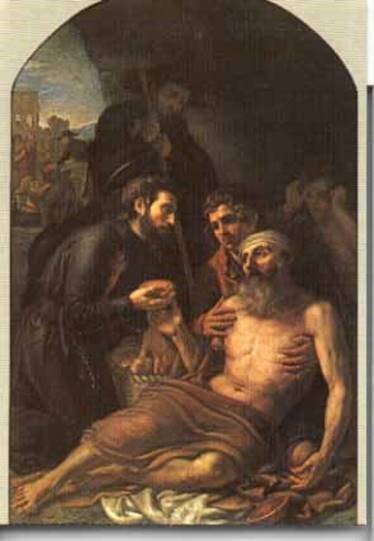 Taken from ‘San Camillo de Lellis rivisitato secondo la ‘Positio’ dei processi canonici’ (‘St. Camillus de Lellis Revisited according to the ‘Poistio’ of the Canonical Processes’) by Domenico Casera
Taken from ‘San Camillo de Lellis rivisitato secondo la ‘Positio’ dei processi canonici’ (‘St. Camillus de Lellis Revisited according to the ‘Poistio’ of the Canonical Processes’) by Domenico Casera
Witnesses to humility bring with them the idea of the greatest and heroic demonstration of this virtue in caring for the sick. The details are repetitive and crude, just as the hygienic situation of the buildings is also crude and defective. We have already listened to them in the chapter on the love of Camillus for the sick.
Here the subject is addressed from the approach of humility. We bring the testimony of a lay person, Giovan Battista Dalla Chiesa, physicus artium et medicinae doctor, who testified as follows at the process of Genoa: ‘I observed that the servant of God had a very deep humility, not only when dealing and acting with his religious in his religious house. I saw him on a number of occasions wash the shirts of the sick poor and dress them in clean shirts, change beds, clasp such sick people to him, clean their tongues and in addition he went out of the city to small shops, disdaining the applause of men [for purchases he went to the outskirts where he was less known]. He displayed a great keenness to go to the poorest houses, saying in my presence to his fathers to go quickly to the poorest of the sick wretches, not only to visit them but also to be with them when they were dying. This happened quite often while he was the Superior General. His cassock seemed to me to be the most abject if not torn of all the fathers. I admired above all else that he abhorred all praise, making a gesture of disdain, saying that he was nothing. He often said: you do not know that I was a soldier of the worst cruelties that exist. As to being an example of humility, he seemed to me exemplary and the idea of humility’ (p. 262).
Being the ‘idea of humility’ means achieving it to the highest point of proof and evidence, to the point of coinciding with the theological concept of this virtue. This is not something false, almost to compensate for one’s own powerlessness, as Nietzsche would say, nor of a devotional character, to attract people’s attention more than out of an inner conviction, or as is commonly said a ‘hook’, exhibited as an object for show on certain occasions and thus simulation more than substance. It is a profound virtue that is notably trustworthy as a quality and as regards duration. Even more: according to St. John Chrysostom it is the mother, the root, the nurse, the foundation of all the other virtues.
Its only model is Christ who brings us salvation, teaches us to deny the desires of this world and to live with sobriety, justice and piety. Christ has all the qualifications to be before us a magister humilitatis (St. Augustine), he who ‘emptied himself taking on the condition of a servant…humiliated himself until his death on the cross’ (Phil. 2:7-8). In comparing ourselves to him we recognise our limits as creatures and we entrust ourselves to his mercy. He loves us despite our limitations and negativity. Our response of love, for us as for St. Camillus, develops in the fertile terrain of humility. Clothing ‘yourselves with humility toward one another’ (1Pt 5:5); valuing ‘in humility others above yourselves’(Phil 2:3); and ‘not looking for high things but bending down to low things’(Rm 12:16) singularly enriched the spiritual personality of St. Camillus and the Order that he founded, leading them in a meaningful way to share the weaknesses and the poverty of the humble.



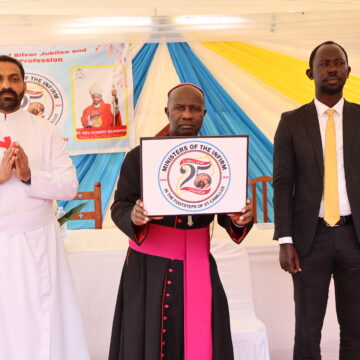

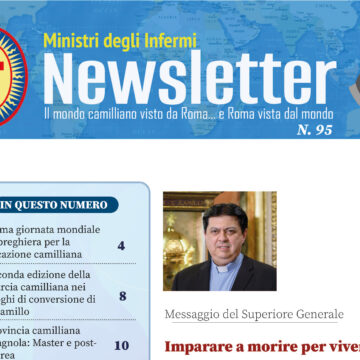
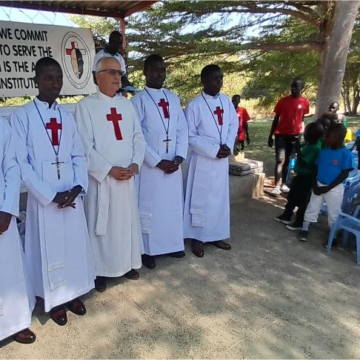


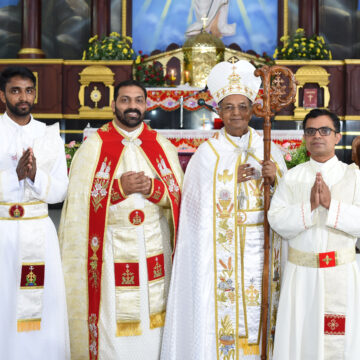
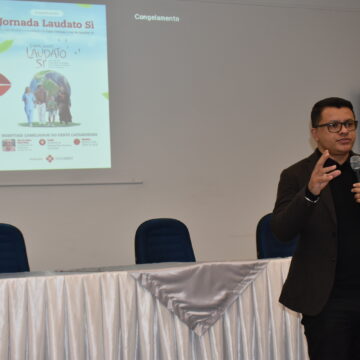
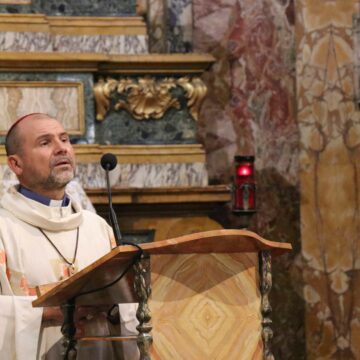
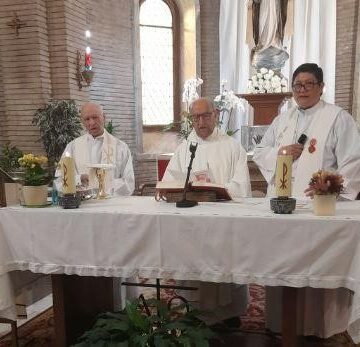
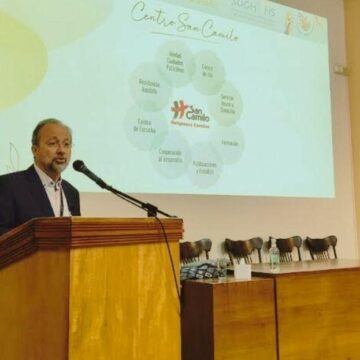
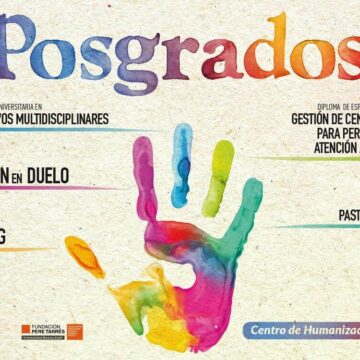
Camillians on Facebook
Camillians on Twitter
Camillians on Instagram